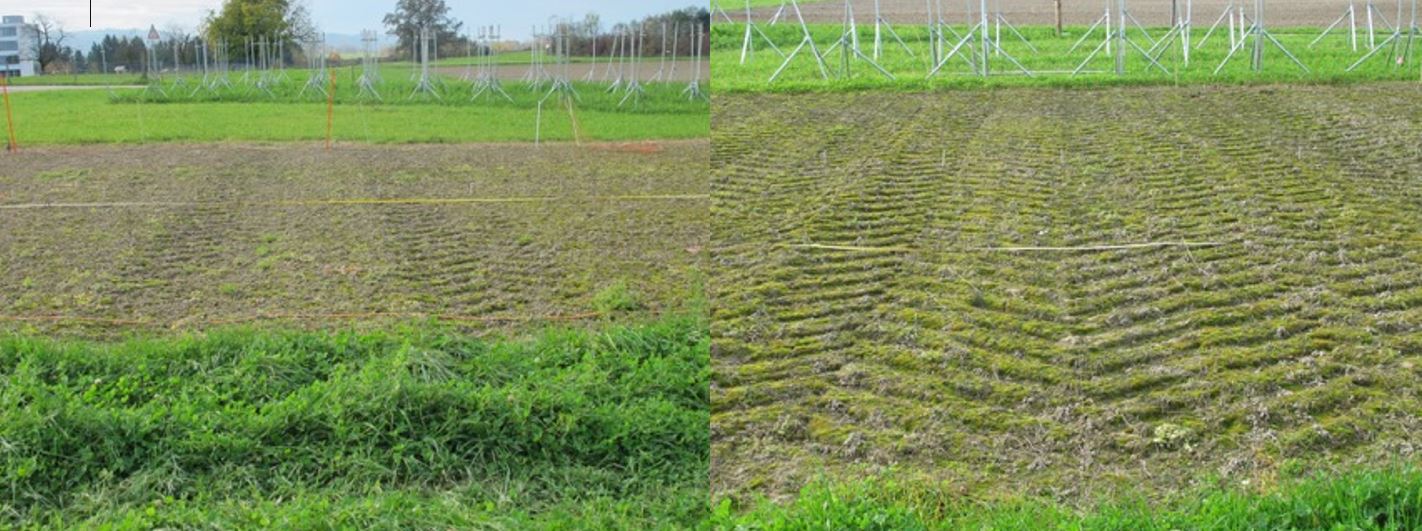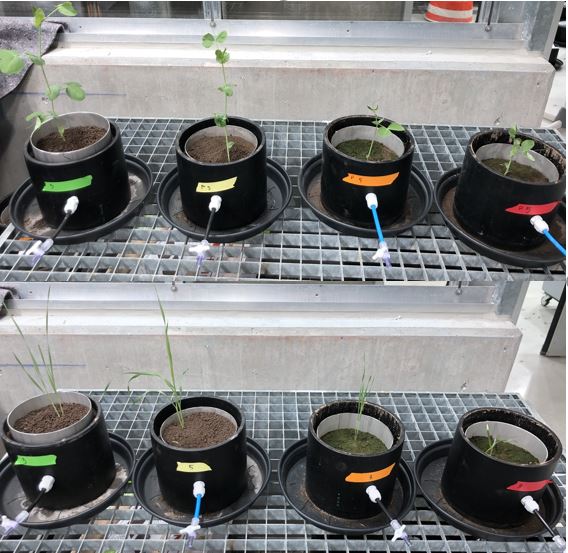Resistance and Resilience of the Soil Microbiome to mechanical Disturbance in Agriculture

Background
Soil compaction is a major disturbance caused by highly mechanized agriculture. Reduction in soil porosity, water conductivity and oxygen availability significantly constrains soil biodiversity and functioning, ultimately threatening soil quality and crop productivity. Despite the central role of the soil microbiota in delivering key ecosystem services such as plant growth, nutrient cycling and pest control, we currently lack a fundamental mechanistic understanding of the microbial response to compaction under different agricultural management. It is not clear how different microbial groups are affected by the physical and chemical changes associated with compaction and how resilient these groups are under different management practices.
Objectives
This project will explore both field and laboratory experiments combined with an array of cutting-edge molecular genetic methods to assess the impact of compaction on the soil microbiome. In this context it will:
- Assess microbial diversity and functional potential using techniques such as metabarcoding of ribosomal markers to study shifts in community structure as well shotgun metagenome sequencing to study shifts in the metabolic potential under different agricultural management with a long-term field experiment (SSO).
- Link the microbiological response to the crop yield as well as edaphic background with parallel investigation of the physicochemical properties measured in the field.
- Examine how shifts in physical and chemical soil properties associated with compaction affects the nitrogen cycle by altering key functional groups of the microbiome such as the nitrifying and denitrifying bacteria and influencing the development of plants by using controlled laboratory microcosm experiments.
Outcomes

This project will be the first to use novel metagenomic techniques to assess the impact of soil compaction on microbial diversity and metabolic potential under different real-life agricultural management regimes. As such, the project will help to better predict the extent of soil damage in agricultural systems and to evaluate practice-oriented restoration measures for mitigating detrimentally compacted soils.
For further information please contact Martin Hartmann () or Johan Six ().

